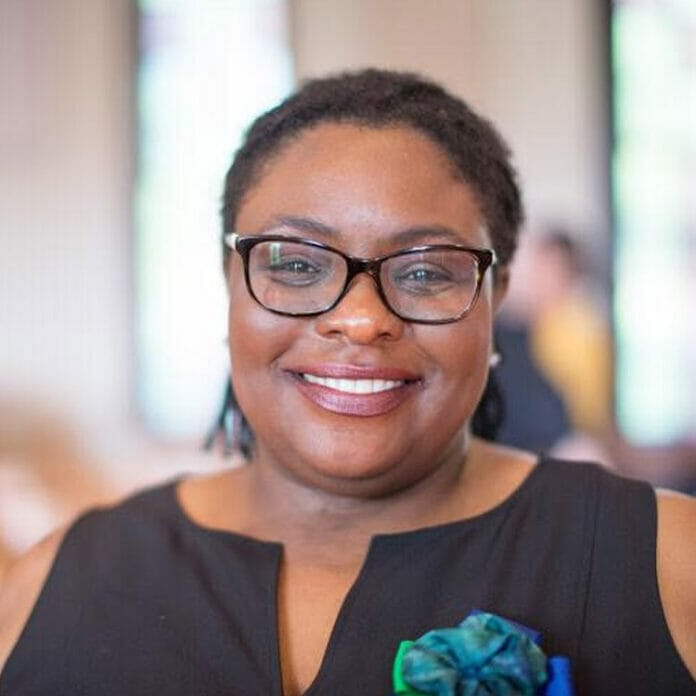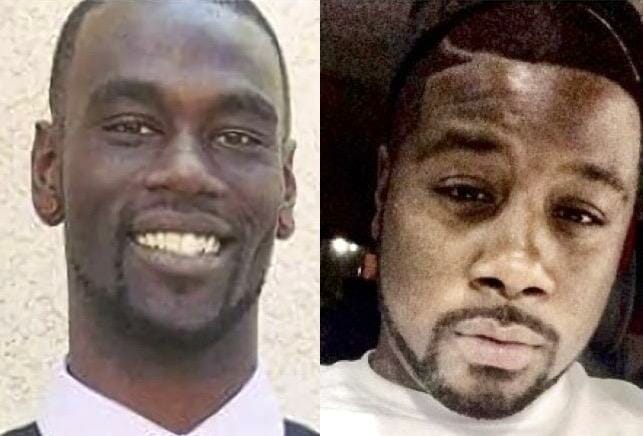
By Dawn Blagrove, Emancipate NC
On Jan. 7, officers with the Memphis Police Department in Tennessee severely beat Tyre Nichols, a 29-year-old Black man, when out of fear he tried to run away from them during a traffic stop near his parents’ home. Nichols was hospitalized and died three days later.
On Jan. 17, officers with the Raleigh Police Department in North Carolina who were conducting a so-called “proactive patrol” at a sweepstakes parlor attempted to arrest Darryl “Tyree” Williams, a 32-year-old Black man, while he was sitting in a parked car where police allege they saw an open container of alcohol and marijuana. When he resisted, they used a Taser on him three times — the third time after he told them he had heart problems. He died shortly after at the hospital.

Nichols is dead because systemic and institutional racism do not allow for Black people to be treated as human.
Williams is dead because systemic and institutional racism do not allow for Black people to be treated as human.
Too many Black people are dead because systemic and institutional racism do not allow for them to be treated as human.
It’s exhausting to have to continue to speak that truth over and over again. In this moment, however, we have the unique opportunity to take an esoteric, academic concept like “systemic racism” and present it in a way that the average person can see and recognize in real time.
What do these killings teach us? Diversity cannot change a racist system. A racist system cannot be cleansed. It can only be dismantled, reimagined, and restructured.
The Memphis tragedy is unusual in that the five officers who beat Tyre Nichols to death were all Black, as are the police chiefs of both Memphis and Raleigh. But the race of the officers is of no real import, because systemic racism functions independently of the individual actor. That’s what makes it systemic.
As a reminder, systemic racism is defined as systems and structures, like law enforcement and the carceral system as a whole, that have procedures and processes that disadvantage Black people. Law enforcement is a system developed to codify the oppression of Black people.
What do these killings teach us? Diversity cannot change a racist system. A racist system cannot be cleansed. It can only be dismantled, reimagined, and restructured.
Black people — even Black people who are actors within inherently racist systems — are still victims of the bias and harm of the judicial system. Despite making up only 13% of the population, Black people comprise 38% of the people in prison and jails. Black people disproportionately make up and are impacted by a racist criminal justice system.
While the investigation into the Raleigh officers’ actions is ongoing, the five officers who beat Nichols were arrested and charged with second-degree murder, aggravated assault, aggravated kidnapping, official misconduct, and official oppression. The swiftness and severity with which the system responded to wrongdoing by Black officers is absolutely the response we want when law enforcement abuses the people. But we also know that if these officers were not Black, the law enforcement community would be wrapping the American flag around them and defending every kick and blow Nichols took as justified.
What does Nichols’ killing teach us? Being a Black actor in a racist system does not protect you from the racism of the system. Why? Because systemically racist systems produce racist outcomes, even when you are a Black person who is a part of the racist system.
In conclusion, as we mourn the deaths of Nichols and Williams and every Black person who killed by state-sanctioned violence, we also take a moment to connect the dots. We must use this moment to recognize that systemic and institutional racism is a corrosive cancer that has to be removed to build a more healthy, fair, and just America.
This column first appeared on FacingSouth.org.



Only autonomy can save Black Lives from IDF trained JewSA cops. Jewish communities have total autonomy over their citizens: Hatzalah, Shomrim.
Comments are closed.